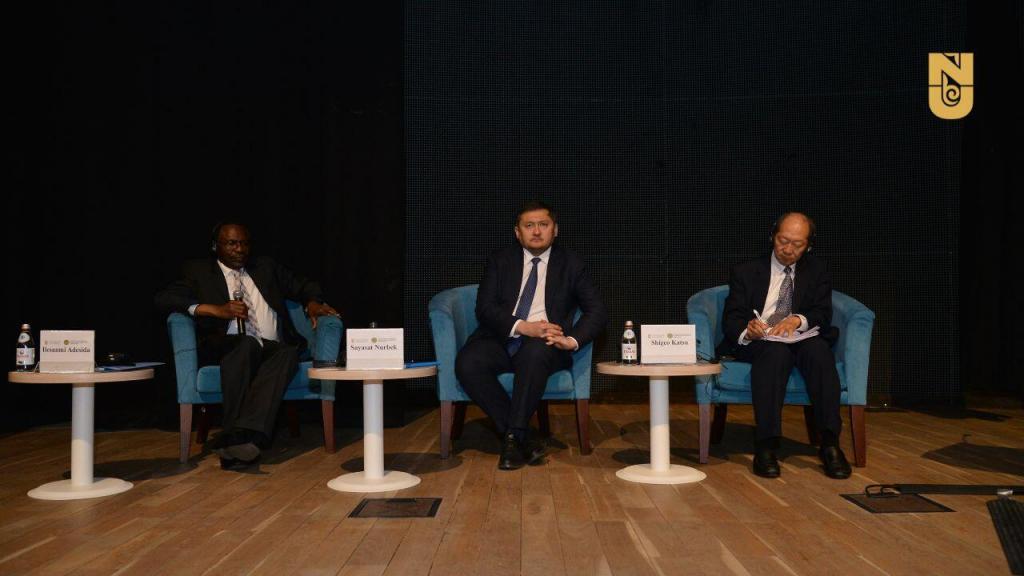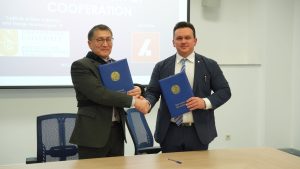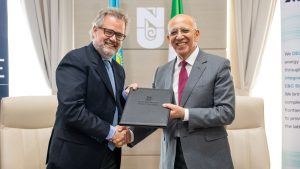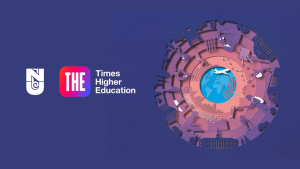What is academic honesty? Is it important in school and university education? Why is it necessary to maintain high standards of academic integrity?
Academic integrity is upholding the principles of truthfulness, trust, respect, fairness, and finally, responsibility. It is necessary to adhere to these principles even when no one is watching and controlling. Each institution sets its own academic rules and standards of integrity that help students and educators make balanced moral and ethical decisions in their work.
Academic dishonesty includes a wide range of behaviors and concepts such as plagiarism, cheating, deception, falsification, doing another person’s written work for a fee, forgery, fraud, and “unauthorized cooperation”.
The most common kind of academic dishonesty is plagiarism. The term “plagiarism” was first used in literature in around 80 CE by the Roman poet Martial, who learned that another poet, the Fidentinus, had read his work and passed it off as his own. Martial called him “plagiarius”, which at that time referred to someone who “kidnapped” or stole someone else’s slave.
Duyshon Shamatov, an Associate professor at the NU Graduate School of Education, has his own opinion on this issue:
“In the post-Soviet countries, the concept of “plagiarism” has only been used relatively recently. First, in the Soviet period, very little time was devoted to research and development of writing as a productive activity, and examinations, in most cases, were taken orally. Students were not required to create their own creative texts. Second, students were required to memorize and understand information, which is considered as low-order thinking skills according to B. Bloom’s taxonomy. And last, joint collective work was encouraged, and individual work was perceived as egoism”.
Other kinds of academic dishonesty include copying, using crib notes, hints, etc. There are two types of cheating: intentional and unintentional. According to the professor, many cases of plagiarism are unintentional and stem from a lack of understanding of the rules of academic honesty. For this reason, it is crucial that we clearly explain to students the principles of academic honesty, and what behaviors are considered dishonest.
Every institution has official documents that outline the consequences of violations of academic integrity (e.g., types of sanctions, the severity of sanctions, etc.). NU is no different in that it has a “Students’ Code of Conduct” that regulates academic dishonesty and disciplinary procedures. This code provides mechanisms for effective resolution of issues in case of violations and defines the sanctions for such violations. A fundamental priority is strict observance of students’ constitutional and legal rights as well as principles of academic freedom.
Thus, NU answers (both in the legal and social sense) to all stakeholders including students, faculty, the Board of Trustees of the University, and the entire Kazakhstani society.
Academic violations negatively impact the development of students as researchers and scholars. Such dishonesty hinders the formation of a high-quality research culture, and more generally, diminishes the quality of the educational environment.
According to Virginia Tech, more formally known as the Virginia Polytechnic State University, plagiarism is most common among freshmen and senior students due to the complexity of tasks and responsibility for the graduate course.
The risk of plagiarism increases especially in distance or online learning environments. What preventive measures should be taken?
How should academic integrity be maintained in the context of the pandemic?
Dr. Shamatov, based on his personal teaching experience, formulated a set of recommendations for teachers and students.
For teachers:
-Take some time and discuss with students the necessity and benefits of maintaining high standards of originality in their research work; familiarize them with regulations governing principles of academic honesty (necessarily the “Code of Conduct for Students”).
-Design a transparent criteria-based assessment system for students so that students understand how their work will be assessed.
-Utilize a variety of assessment methods, including types of assignments that require online responses (i.e., synchronously).
-Provide regular feedback, noting the progress of students’ writing.
-Produce personal assignments that do not allow cheating.
-Formulate assignments on the content of lecture and seminar sessions.
-Stimulate students to think critically and develop their own opinions.
– Avoid general questions.
–The tasks should be conceptual (developing thinking), not factual, for the purpose of memorization (rote).
-Work better on each topic per course than one or two large assignments (this will reduce the risk of cheating).
For students:
-Always follow the university’s rules governing academic integrity (e.g., the “Code of Conduct for Students”).
-Always consult with your faculty if you have any doubts or questions.
– Show professors the progress of your writing from time to time.
– Be proactive in your learning, be proud of your own creative work.
-Don’t forget that by observing academic honesty now, you are laying the foundation for your development as a researcher, building a personal professional image by which you will be evaluated by your future partners and employers.
It is noteworthy that every year NU and KAZGU named after Narikbayev hold a conference on academic integrity. The conference is aimed at creating a platform for sharing best practices, raising and discussing problematic issues, and recent discoveries in theoretical and empirical research on academic honesty.









